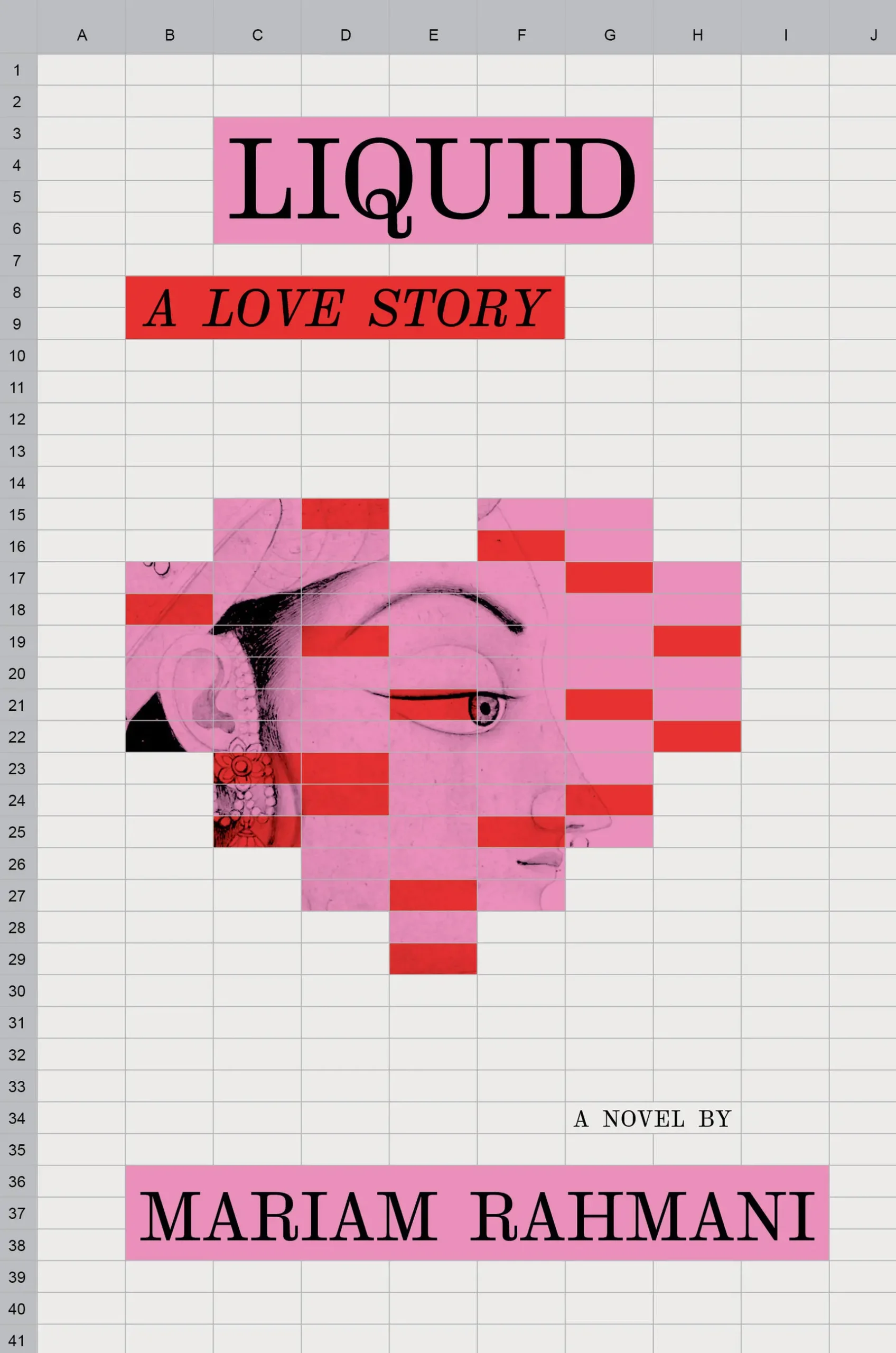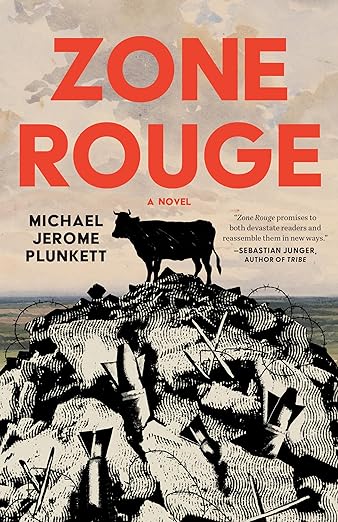JULIA LICHTBLAU interviews FATOU KEÏTA

On a recent trip to Côte d’Ivoire, I walked into the Librairie de France, the crowded, chaotic bookstore on the Plateau, the downtown business district of Abidjan, and asked for books by Fatou KeÏta. They directed me upstairs, where I found most of a bookcase filled by the popular Ivoirian writer’s works. Fatou Keita has written 25 books for children and two novels, including Rebelle (Rebel), about a young West African woman who escapes genital excision, which remains common, despite efforts to eradicate the practice. According to a 2013 World Bank report, “To Be a Woman in Côte d’Ivoire,” 14% percentage of Ivoirian girls under 14 have experienced infibulation, the most traumatizing form of genital excision.
A few days later, I went to her house—a round structure, recently finished, with spectacular lagoon views, in Bingerville, an Abidjan suburb, where she lives with her 92-year-old mother and a severely disabled child, a niece. I had emailed Keïta that I wanted to meet her during my visit after reading an op-ed piece she wrote in The New York Times about the siege of Abidjan, as forces loyal to Laurent Gbagbo, who had lost the election to Alassane Ouattara, fought United Nations and French forces. Gbagbo surrendered in 2011. In this edited interview, she talks about her career, writing, the rights of women and the disabled in Côte d’Ivoire, and her concerns about the ethnic tensions between northerners and southerners, and the incendiary politics of “Ivoirité,” Ivoirian-ness, which Gbagbo, a southerner, invoked in challenging Ouattara, whose origins are in the north of the country.
Rebelle opens in a northern village. The young protagonist, Malimouna, catches the exciseuse, a woman who performs excisions, having illicit sex with a man. Later, in exchange for the girl’s silence, the exciseuse only cuts her leg. Vivid as these scenes of traditional life are, Keïta says she’s never lived in a village. Her parents moved to Côte d’Ivoire from Guinea in 1952, before her birth, and took Ivoirian nationality. The family moved to Bordeaux, France, where her father studied medicine (her mother was a midwife), eventually moving back to Côte d’Ivoire and living in Bouaké, in the center of the country, where Keïta earned her Baccalaureate. Pushed to become an executive secretary, she wanted to be an interpreter. She went to England to become a bilingual secretary, all the while preparing for the interpreters’ exam. After discovering she still needed a university degree, she returned to Côte d’Ivoire, where a professor encouraged her to teach college. She earned a doctorate in British literature and taught until four or five years ago.
After the Ivoirian crisis, she became involved with the national program for reinsertion and rehabilitation for former fighters and got to know the deep country, where, “people lack everything. They’re not necessarily old. But the weight of misery, the lack of good food ages them. That’s why I talk about them in my books,” Keïta says.
*
(Note: This edited interview was conducted in French and translated by Julia Lichtblau.)
Julia Lichtblau (JL): How far along is the country’s reconciliation?
Fatou Keïta (FK): Ouattara is in his second term. One hopes this experience of dirty war, and it really was a dirty war, will teach us a lesson. We saw atrocities, unimaginable things. The investors are back in force. It’s a country with enormous potential. We shouldn’t be able to destroy what we built, but humans are disappointing.
JL: Is this notion of Ivoirité still around?
FK: I’ve never felt more Malinké [a northern ethnic group] than during the crisis. I had to accept that I was from the north. My name pegged me. I have the physical type of northern people. The crisis ruined many things. It’s better. But I won’t say there’s nothing [of the north-south hostility] left.
JL: What are you working on?
FK: My next novel. I’ve been thinking about it for three or four years. I have had deaths, and I have this child, whom I adore. The mother abandoned her. When she’s not sick, she brings joy. I plan to write her story. I have the title: My Little Silent One. I’m angry. I have the impression that these children have no rights. I’ve gone to the police, to a judge for children. People think I’m crazy.
JL: What normally happens to children like her?
FK: Nowadays, in villages, you see a few children like this. [Before] people didn’t hide them, they killed them. Of course, they didn’t say that. They said, “We accompany them. They’re snake children.” Recently, I talked to a secretary who said, “Ah tanti, there are places, you take the child to a healer. He will take her to the water. He’ll say incantations, prayers, and all that. And if the child can become normal, he’ll bring her back. But if she’s a snake, the child will go off into the water. She’ll go away.” I said, “Stop saying that, because the child is going to away how? They’re going to kill the child.”
More and more people know it’s infanticide, and if they get caught, it’s serious. There are organizations [to look after them] but they have no resources. We prefer taking care of so-called normal children because they’re useful to the country. These [disabled] children are useless. Why should we waste time and money when there are healthy children who need to go to school and to eat? That’s the mentality. It’s terrible.
When I taught English, I brought up subjects like that. Students spoke. And that’s what they said. I’ve written a lot about difference. It’s from lived experience.
JL: When did you start writing?
FK: I started in 1994 and I published in 1996. I had started to write The Little Blue Boy.
I saw an international contest for African children’s literature. The theme was tolerance. I won the first prize and honorable mention for The Smile Thief. And I continued. I have 25 titles for children and two novels. The new collection [of illustrated children’s books] is about traditions that are being lost.
Which brings me to my first novel, which talks about excision. I was on a Fulbright in 1994-95 in Virginia. I was invited to a conference about African women and female genital mutilation, and I remember a woman from the Caribbean who said, “Yes, you African women intellectuals, you don’t have your children excised, but you don’t fight against it. You don’t help the women of the people who continue to and you stand up to Europeans who criticize it. That spoke to me. And since I don’t write pamphlets or do scientific work—though I’m supposed to be an intellectual—I chose the novel.
[Rebel] is the story of Malimouna, a girl from a northern village. The tradition there is to have the girls excised. I am viscerally against excision, but I wanted to show how a mother can bring herself to do this, even if she has known the pain. It’s out of love. Why? She wants her daughter to be part of society. And in that world, a girl who’s not excised can’t marry, she’ll be excluded, mocked. A woman who doesn’t marry is an abomination.

JL: What a choice.
FK: No, for these women, it’s not a choice. They’re not pulled. I heard an interview with Alice Walker in which she said: “Do we love children in Africa to be able to do that?” I was furious. Of course, we love children. She does it so her daughter will be a real woman.
[In my book,] I showed the struggle. Malimouna won’t be excised, and this will be her war horse. She’s going to fight against excision. [She goes to France and gets an education.] There’s a scene that’s very painful for me. She meets a young Malian, Fanta, very young, who has a child every year. She goes to see Malimouna and says, “You must help me. My daughter is going to be excised. She doesn’t want it. She grew up in France. But if she isn’t, my husband will kill me. You have to help me.”
JL: Literally kill her?
FK: No, he’ll turn against her.
JL: Can Malimouna denounce him to the authorities? [Note: Excision is illegal in France.]
FK: She’s not going to do that. She says, “I’m not excised.” And Fanta takes it very badly. Malimouna is involved with a European. Fanta says, “Now I know why you are with a white man. You’re a slut.” Excision is supposed to prevent women from having sexual desire. I took this out of the newspaper. [In the book, as in that news story,] the excision happens. The child hemorrhages to death. The parents and the women who does this go to jail. I ask, does that solve anything? Aren’t the parents punished enough? It’s true what they did is a crime. But did they want the child’s death? In what state of mind did they do this? It’s a huge subject.
JL: The heart of the question is how to make a society of belief evolve into a society of laws.
FK: That’s right. Laws are voted. After, we close our eyes. Even in Abidjan it happens. The imams must get involved. There’s one here who’s very involved, who fights against excision.
JL: This happens mostly in Muslim areas?
FK: Yes. Though excision also occurs in the western regions… Imams say it’s not in the Koran. It doesn’t matter. Men must be involved [in eradicating this]. We’re in Africa. The man is the master. He’s the head of the household. If a man says “My children won’t be excised,” they won’t be. Men say it’s women’s business. It’s a human business.
JL: Middle-class people do this? Professional people?
FK: Yes, less and less. But, my book was published in 1998. It’s part of the [national] curriculum in seconde [11th grade]. Last year, a school invited me. When it was over, a young girl came over, looked right and left. “Can I ask you a question?”
“Of course.”
She spoke softly so the others couldn’t hear. “Is it true that if a woman isn’t excised, she won’t be able to hold herself back?”
I didn’t understand the question at first. And then I did: “You mean, will she sleep around?”
She nodded.
“That has nothing to do with it. Nothing, nothing.”
She looked relieved, and she left. I thought, in the 21st century, this young girl seventeen, eighteen, asks me a question like that? We have a lot of work to do.
Julia Lichtblau is the Book Reviews Editor for The Common.
Fatou Keïta is an Ivorian writer of children’s books and novels.
Photo credits: Courtesy of the author.




